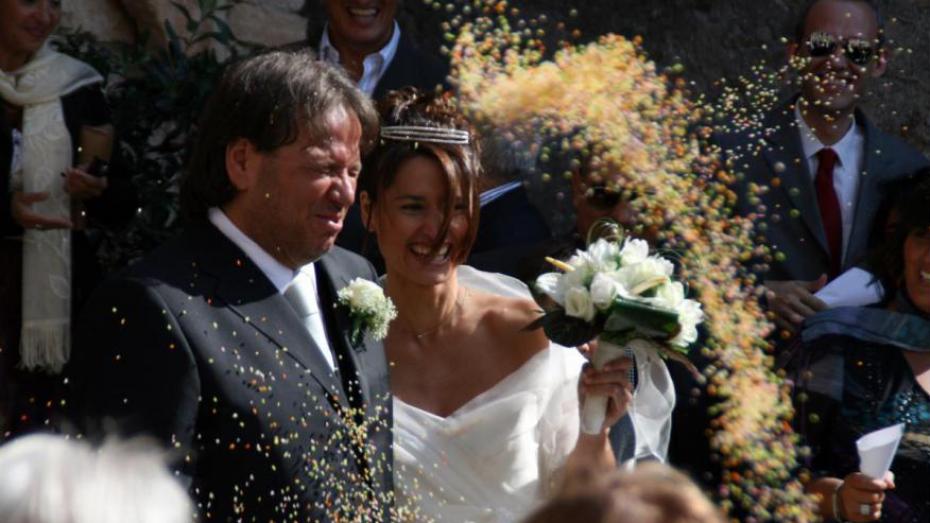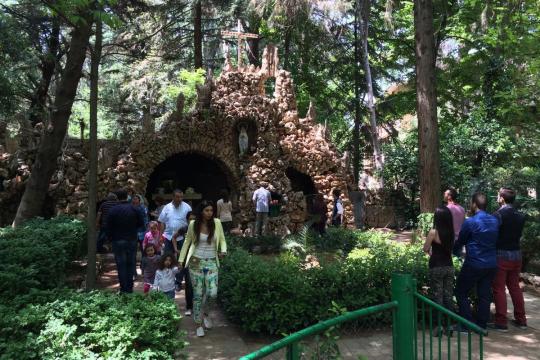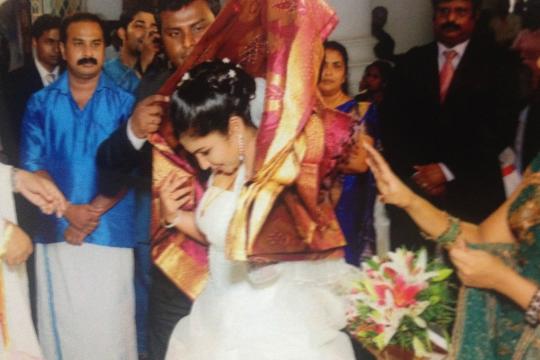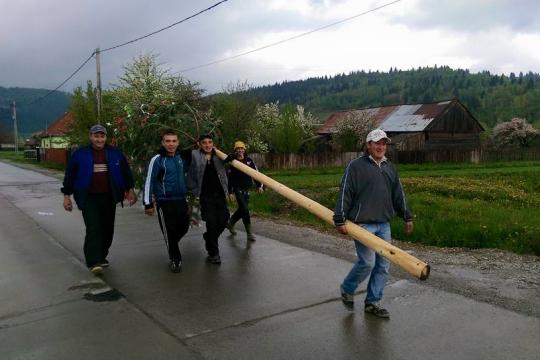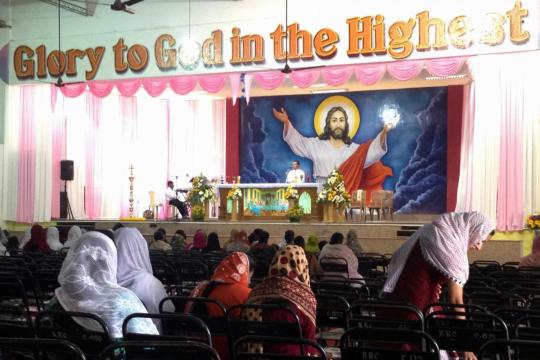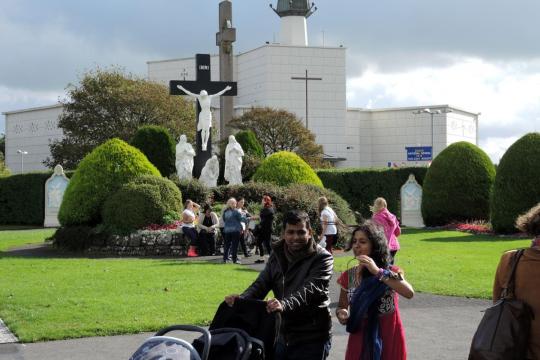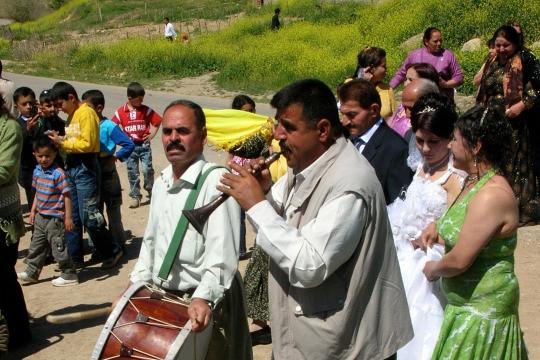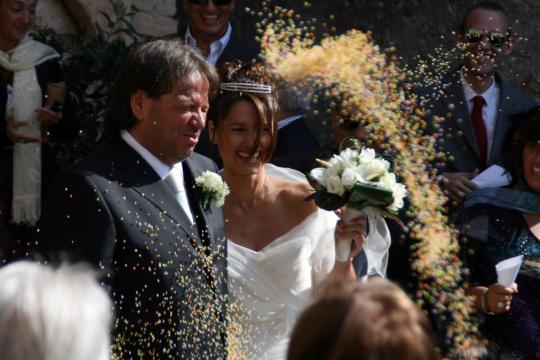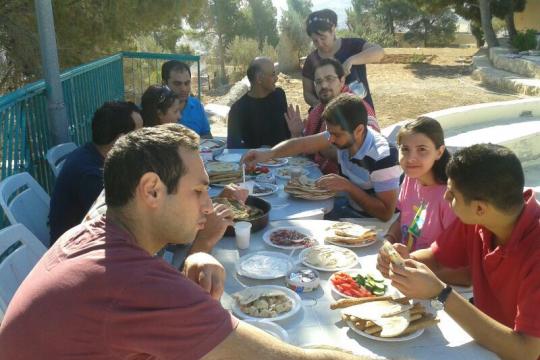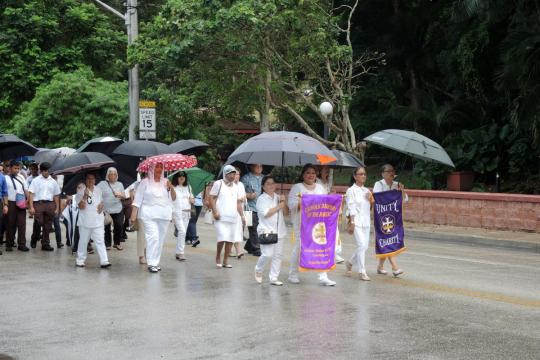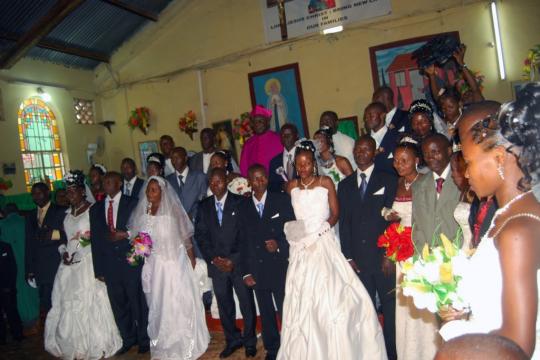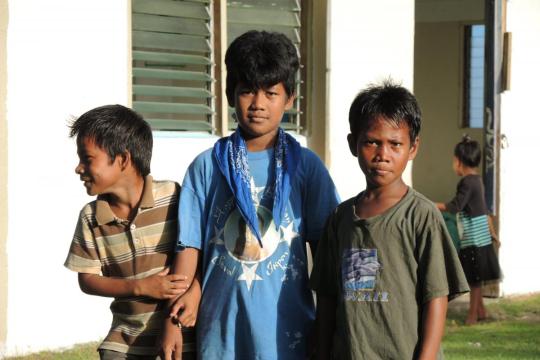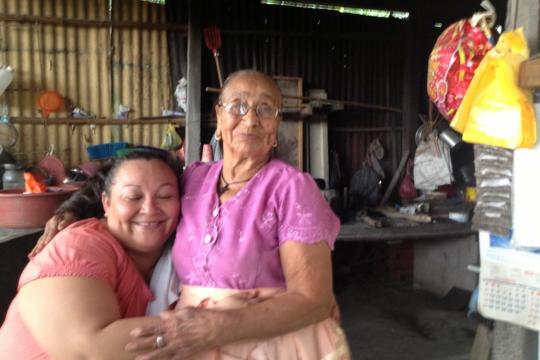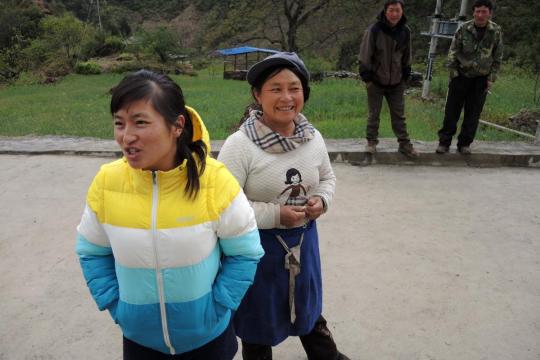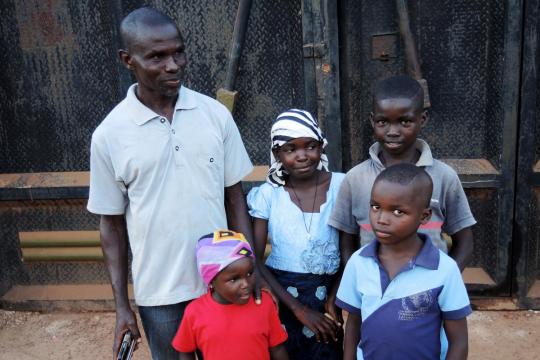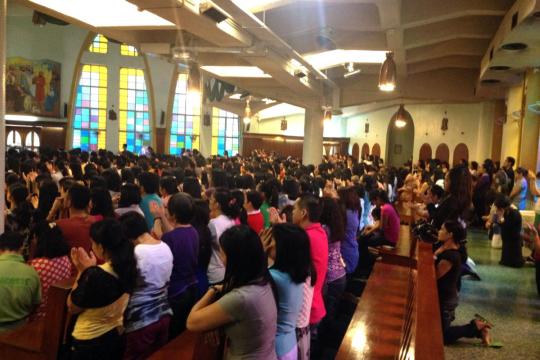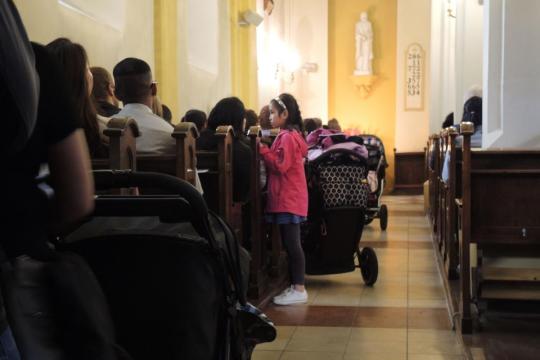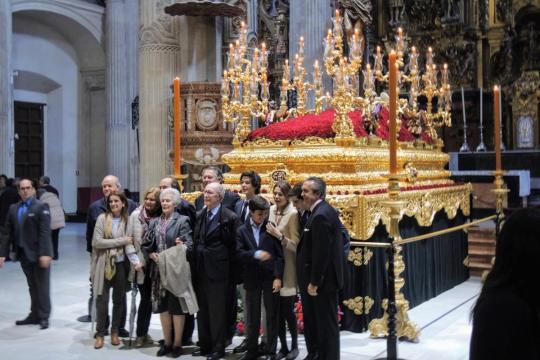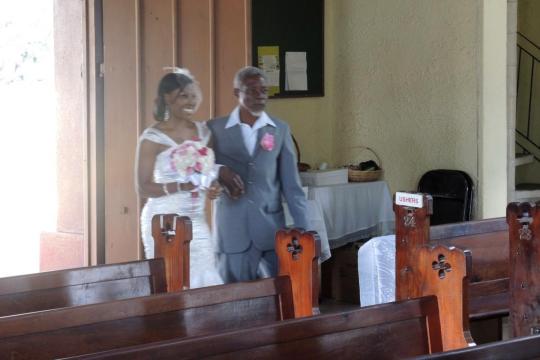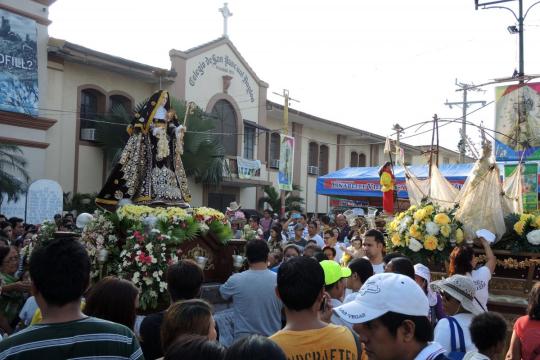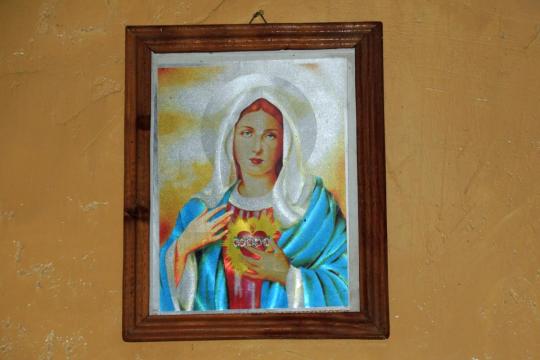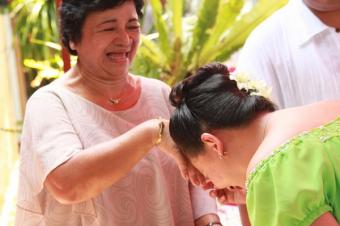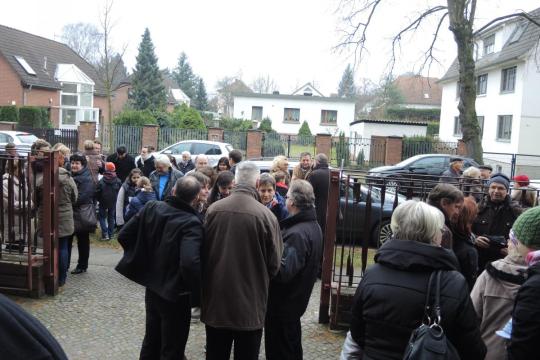Family is often a primary concern of Catholic life and wellbeing, both among lay Catholics and Church leaders.
Depending on the culture, family can be primarily understood in nuclear terms (meaning parents and their children), or in multigenerational and/or extended terms, where cousins and extended relatives have real influence over each other’s lives. It can also be understood more broadly to entail a range of relationships that are non-biological, a fact that is sometimes recognized and sealed through choices of godparents.
Many cultures have strong norms around how couples should meet, how and under what circumstances the couple should marry, what role a couple’s family plays in the choice of partner, who pays for the marriage, whether a dowry is proper, and to whom it is paid. Others focus on these matters as primarily or exclusively the choice of the couple involved.
This section raises opportunities for discussion of the particular responsibilities of spouses and nuclear family members; what obligations adult children have to their parents, including those who are elderly, and to their extended family; expectations about how to act when a marriage fails, and what the measure of that failure is in a given culture; what the place of homosexual and transgender persons is in the Church and in society. All of these are moments when official Catholic and local cultural perceptions of family can be in tension, and when the perceptions and priorities of lay Catholics differ from culture to culture.
The family has been a special focus of Church teaching and concern in recent decades, particularly as cultural norms in some countries have shifted toward greater acceptance of divorce, non-marital heterosexual relations and homosexual relations, and as the number of single-parent households has risen significantly. The rise of a variety of feminisms and understandings of gender in some parts of the world have challenged traditional Catholic notions of the family, but it is also true that structural forces may be at work in digging a gulf between the ideals of the magisterium (or the culture) and the practices of many Catholic lay people. Issues of contraception and abortion inevitably arise in discussions of family, but should not be allowed to define and limit the scope of this discussion. In some cultures, notably in Africa, polygamy is a notable reality. In Muslim countries, it is an accepted cultural counterpoint to Catholic ideals.
Gender
Cultural understandings of gender, and conflicts over it, play out in a full array of venues, not just in family relations. Because of this, the Catholics & Cultures website tries to address matters of gender throughout its pages. This can entail recognizing activities or devotions that men or women are more likely to participate in; instances when particular devotions reinforce or undermine culturally normative roles for men and women; ways that understandings of God, Jesus, Mary and the saints can be shaped or limited by local gender concepts, or even undermine them; ways that leadership roles in lay organizations are gendered; and ways gender is communicated in child rearing and coming of age practices. This section provides an opportunity to look at gender in family arrangements, often with reference to non-familial contexts, but readers should expect to encounter issues of gender throughout the site.
Gender as it is most often discussed here concerns the assignment of roles in societies according to biological sex, though in some political and cultural contexts it relates to trends aimed at overturning these culturally given roles. These are related to expected roles in the family, in courtship, in public life, and in religious practice of all sorts, as well as to career possibilities. While discussions of gender are sometimes thought of as discussions of women’s roles, exploration of gender entails paying attention to both men’s and women’s roles as they are assigned or negotiated in a culture.
One need not wade far into debates about the intrinsic and constructed qualities of gender to note that there are many examples on this website that suggest that cultural differences in gender expectations affect aspects of Catholic life and practice, including degree and quality of participation in religious activities.
